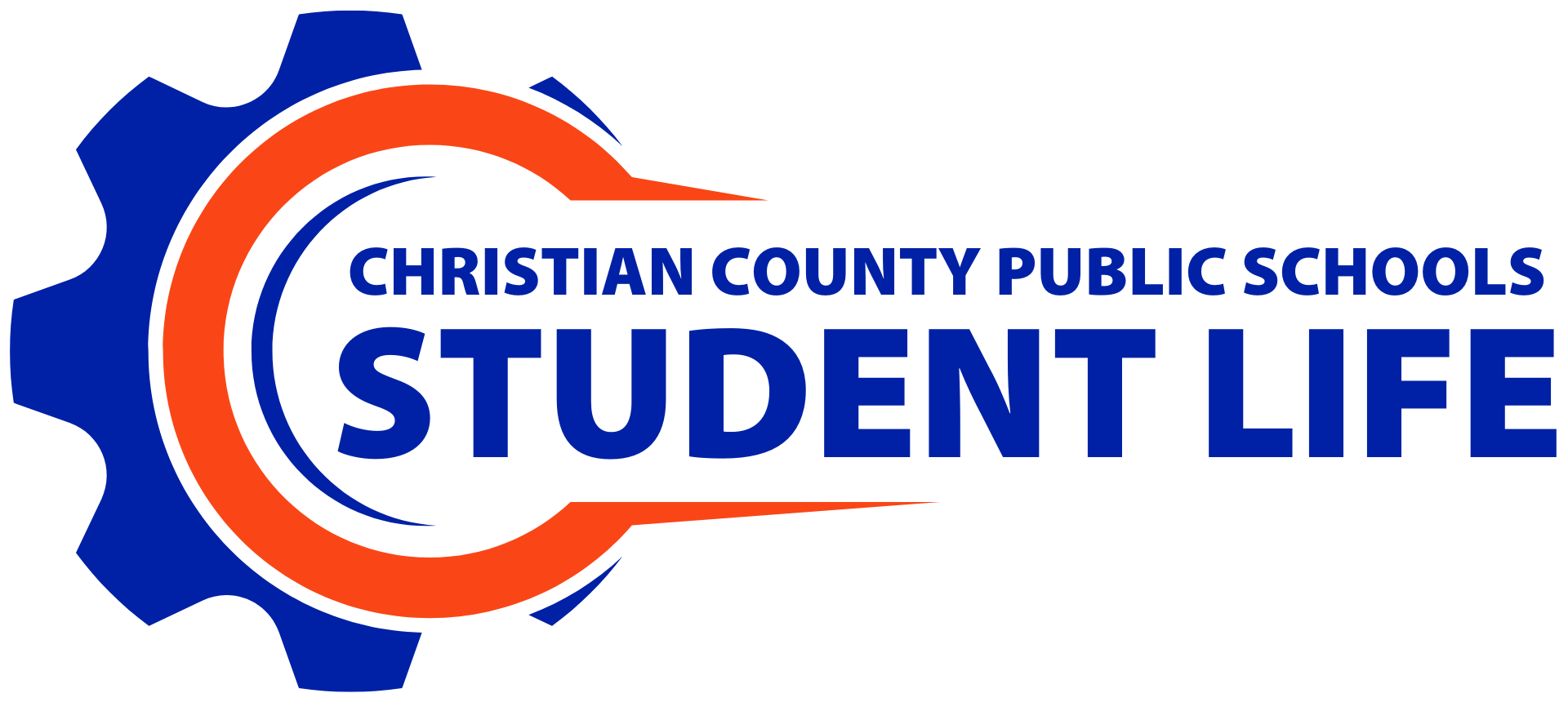
Mr. Malone’s social studies class was filled with energy and excitement recently as students took part in a dynamic colony-building activity. Working in groups, students debated and decided on the ideal location to establish a new colony, considering the geographical features that would best support their chosen professions.
Each student took on a specific occupation—merchant, farmer, fisherman, carpenter, soldier, or captain—bringing their expertise to the discussion. They worked together to assess how the geography of potential locations would impact their ability to thrive in their roles. The debate sparked thoughtful conversations about resources, trade routes, defense, and community needs, as students weighed the pros and cons of various regions.
This engaging activity not only fostered collaboration but also encouraged critical thinking and creative problem-solving as students navigated real-world challenges faced by early settlers. Their discussions reflected the attributes of a well-rounded learner, embodying the qualities highlighted in the Profile of a Graduate, including communication, adaptability, and innovation.
Mr. Malone was impressed with how well his students worked together, noting that the activity showcased their ability to think deeply and strategically about historical concepts while applying them to practical scenarios. The colony-building debate was an excellent example of hands-on learning, with students demonstrating leadership, teamwork, and critical analysis throughout the process.
With activities like this, Mr. Malone’s class continues to blend historical study with real-world applications, preparing students for the challenges of the future while making learning both exciting and meaningful.


